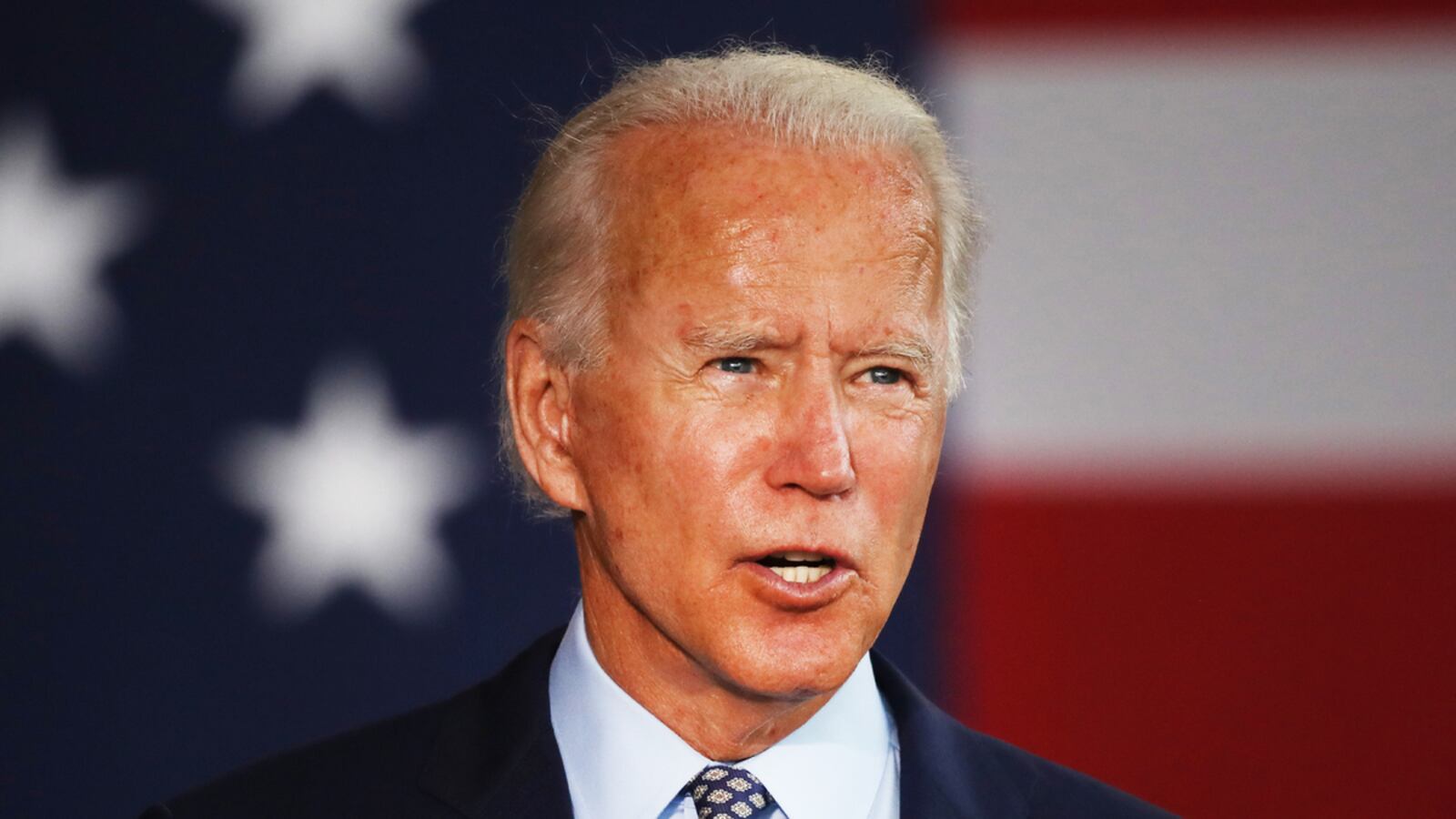In delaying any public release of Donald Trump’s financial records on Thursday, the Supreme Court also handed itself a major victory. The loser could be our democratic system of government.
The court’s majority in Trump v. Mazars granted the judiciary broad new leeway to decide whether congressional subpoenas against the president will be enforced. The court’s majority found that rigorous judicial oversight is required to ensure that Congress does not harass or overburden presidents with politically motivated demands for information.
The result may be a time bomb set to go off under a President Biden, as a judiciary packed with Trump appointees now has broad new discretion to involve itself in fights between future presidents and Congress, potentially undermining effective congressional oversight of the executive branch.
As Justice John Roberts pointedly implied in his majority opinion, Trump’s intransigence is the reason the Mazars case ended up before the court in the first place. Congress has demanded information from the executive branch, often to the great annoyance of presidents, for hundreds of years, but disputes over those demands have rarely ended up before the courts. This is because, as part of what courts refer to as the accommodation process, Congress and the president, often after quite rancorous debates, typically reach agreements on the scope of congressional information requests. Thus, while the threat of courtroom litigation has often loomed over such disputes, it has rarely occurred, and, until Trump’s presidency, had not reached the Supreme Court in modern times.
After Democrats took over the House in 2018, however, Trump simply refused to accept Congress’ oversight authority, and systematically stonewalled congressional requests for information, thereby forcing the House to issue formal subpoenas and to seek to enforce them in the courts. Trump’s unprecedented recalcitrance thus set the stage for Thursday’s decision, which concerned congressional subpoenas for Trump’s financial records, issued to his banks and accountants.
Two federal appellate courts ruled in favor of Congress, following a long line of cases regarding the scope of congressional subpoena authority, which provide that courts should generally steer clear of second-guessing the merits of such legislative informational demands and uphold them so long as they are plausibly related to a legislative purpose. That long-standing hands-off approach is based on a view that judges should not be mucking about in the oversight work of Congress, which necessarily involves gathering information, because doing so would pose a serious risk to the separation of powers, and could effectively arrogate legislative prerogatives to the courts.
In Thursday’s decision, however, Roberts asserted that allowing Congress to exercise its normally broad subpoena authority when it comes to the president would itself pose a serious separation of powers problem, including by allowing Congress to harass or otherwise improperly intrude upon the president. The Court’s answer was to require any congressional subpoena directed at the president to satisfy an elaborate, and in many respects, highly restrictive, balancing test.
Courts have a particular affinity for balancing tests. According to cynics, that is because such tests afford judges broad leeway to reach the results they desire in any given case. That is certainly the case with the balancing test Justice Roberts announced in Mazars, which requires Congress to demonstrate that a subpoena has a proper “legislative purpose,” is supported by “substantial evidence”, is “no broader than reasonably necessary”, and is not unduly burdensome. The court cautioned that “[o]ther considerations may be pertinent as well,” thus leaving open the possibility that the list of factors available for courts to balance may grow over time. In sum, the decision affords courts wide leeway to open or close the door on congressional subpoenas involving the president.
The seven justices who signed on to Robert’s opinion, including all five of the court’s liberals, presumably believe that they have set the stage for a return to the old accommodation process, and that—because the vagueness of the test announced in Mazars makes it difficult to predict how the courts will resolve a given subpoena dispute—presidents and legislators will once again be motivated to negotiate in relative good faith, and likely end up reaching agreement.
That, however, may well not happen. Trump, of course has had particular success in stocking the federal courts—and particularly the Supreme Court—with his nominees, and many of them have proven to be particularly amenable to the assertion of executive power, at least by the current president. Accordingly, Trump, or a future Republican successor, may well choose to stonewall Congress just as Trump has done, in the hope that the courts will apply their balancing test in his favor, and thereby effectively aid the president in frustrating legislative oversight.
While some may find it unduly cynical to expect that courts may review congressional subpoenas through a partisan or ideological lens, the fact remains that the test the court adopted Thursday is tailor-made to arrogate power to the judiciary, and to make Congress’ critical oversight power subject to the whims of the judges.
The roadblocks the court has now placed in the way of Congress’ ability to enforce subpoenas in the courts make it all the more important that the legislature seek to come up with a workable way to exercise its so-called inherent contempt authority to compel compliance with presidential subpoenas.
Under the inherent contempt doctrine, Congress may have the theoretical power to go so far as to imprison recalcitrant executive branch witnesses if they refuse to answer the legislature’s questions. Indeed, Trump appellate court appointee Neomi Rao has openly suggested that Congress might choose to use force to compel compliance with its subpoenas.
But, as impeachment expert Frank Bowman III has observed, whether Congress can actually effectively and practically exercise that authority, is another matter. Indeed, it is unclear if there is a workable means for Congress to exercise its inherent contempt authority without involving the courts. A recent proposal by Rep. Ted Lieu that would let Congress impose fines on officials who defy its subpoenas offers a starting point. In the wake of the Mazars decision, however, it is clear that more thought needs to be given to this important open question.






